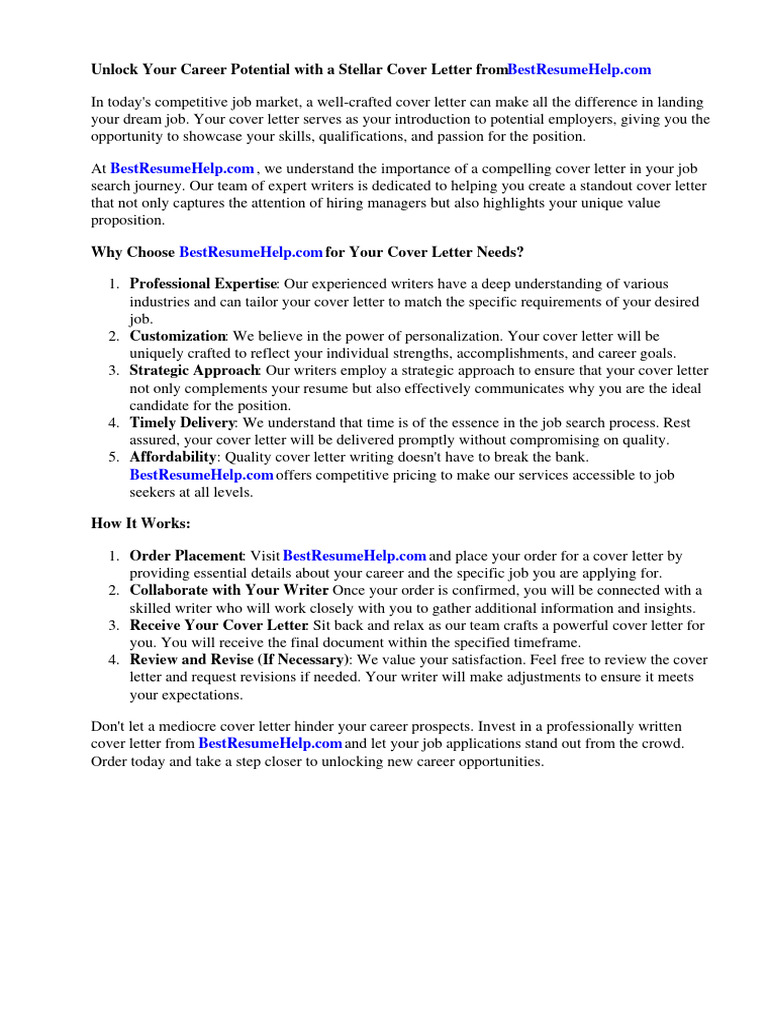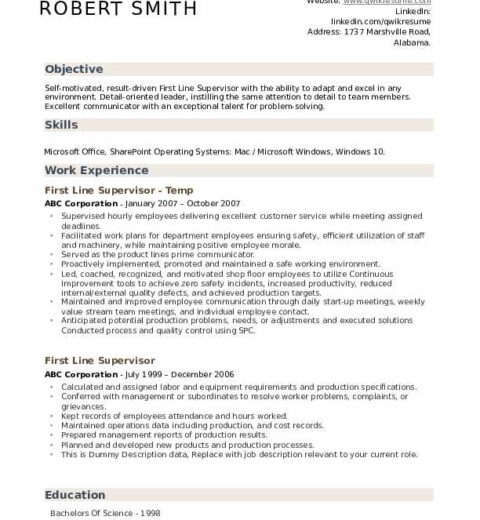In the realm of job searching, one of the prevailing questions that applicants frequently encounter is, “Do I need a cover letter for my resume?” This query often lingers in the minds of job seekers as they navigate the complexities of the recruitment process. To answer this question, it is crucial to consider various perspectives: the fundamental purpose of a cover letter, the opinions of recruiters, and the nuances of specific industries.
A cover letter serves as a personalized document that accompanies a resume, offering insight into the applicant’s qualifications, motivations, and professional ethos. Its primary objective is to introduce the candidate, highlight pertinent skills and experiences, and articulate a compelling case for why they are the ideal fit for the role. Unlike a resume, which is often a straightforward compilation of accomplishments and qualifications, a cover letter allows for a narrative that connects an applicant’s background with the job in question.
Recruiters overwhelmingly agree that while a resume provides the foundation, a cover letter can significantly enhance a candidate’s appeal. According to industry surveys, approximately 56% of recruiters indicated that they consider cover letters to be an important part of the job application process. This statistic embodies the sentiment that a cover letter offers a unique opportunity to assert one’s personality and enthusiasm, which a resume alone may fail to convey.
Further, specific industries express varying degrees of necessity concerning cover letters. In traditional sectors such as finance, law, and academia, cover letters are often deemed essential. These fields prioritize formal communication and a thorough exploration of how an applicant’s experiences correspond with the organization’s ethos. In contrast, more creative industries, such as graphic design or marketing, may place less emphasis on cover letters. Nevertheless, even in these sectors, a well-crafted cover letter can serve as a testament to an applicant’s creativity and distinctive voice.
One of the most significant reasons to include a cover letter is its capacity to address gaps or anomalies in a candidate’s resume. For instance, if an applicant has experienced a career transition or extended period of unemployment, a cover letter provides the platform to explain these circumstances. Transparency is vital, and addressing potential concerns directly can fortify a candidate’s position by dispelling any hesitations that recruiters might harbor.
Moreover, a cover letter enables the job seeker to showcase their knowledge about the prospective employer. By conducting thorough research on the company’s mission, values, and recent developments, applicants can tailor their cover letters to reflect a genuine interest in the organization. This tailored approach not only highlights the applicant’s dedication but also demonstrates their compatibility with the organizational culture—an increasingly pivotal aspect of recruitment decisions.
Another noteworthy aspect is the opportunity to align personal achievements with the job description. Instead of merely repeating the qualifications outlined in the resume, a cover letter allows applicants to elaborate on specific accomplishments relevant to the position. For instance, discussing a successful project that led to increased revenue can succinctly illustrate capabilities and ambition, thereby enriching the overall application.
However, it is essential to note that not all job postings explicitly require a cover letter. In such cases, candidates may feel tempted to forgo this step altogether. This is where discretion plays a crucial role. If the posting explicitly states that a cover letter is optional, consider the potential benefits of including one anyway. By submitting a cover letter, candidates might differentiate themselves from others who opt to follow the bare minimum guidelines.
When crafting a cover letter, sincerity and professionalism must be paramount. Utilizing a conversational yet polished tone can resonate well with recruiters, offering insight into the candidate’s communication skills. It is imperative to steer clear of clichés and generic phrases; the cover letter should be as unique as the individual it represents. Personal anecdotes, if relevant, can be powerful in establishing a connection between the applicant and the hiring manager.
Moreover, meticulous attention to detail is indispensable. Grammatical errors or typos can create a negative impression, suggesting a lack of diligence or carelessness. Therefore, proofreading the document thoroughly and seeking feedback from peers can prove beneficial. Investing time in refining the cover letter may be just as important as the effort placed in crafting the resume itself.
Lastly, while a cover letter may pose certain challenges, it is an opportunity worth seizing. Applicants should gauge their own circumstances, the industry standards, and the specific requirements of the job they are applying for. In competitive job markets, a cover letter can substantially bolster an application, serving as an essential tool for differentiation.
In conclusion, the query of whether one needs a cover letter for their resume does not have a straightforward answer. The necessity of a cover letter can vary significantly depending on the context, the industry, and the specific job. However, understanding the multifaceted advantages that a cover letter can offer—ranging from personal expression to clarifying career transitions—can encourage candidates to embrace this powerful document. Ultimately, in the quest for employment, a well-constructed cover letter can indeed be a critical component of a successful application strategy.




